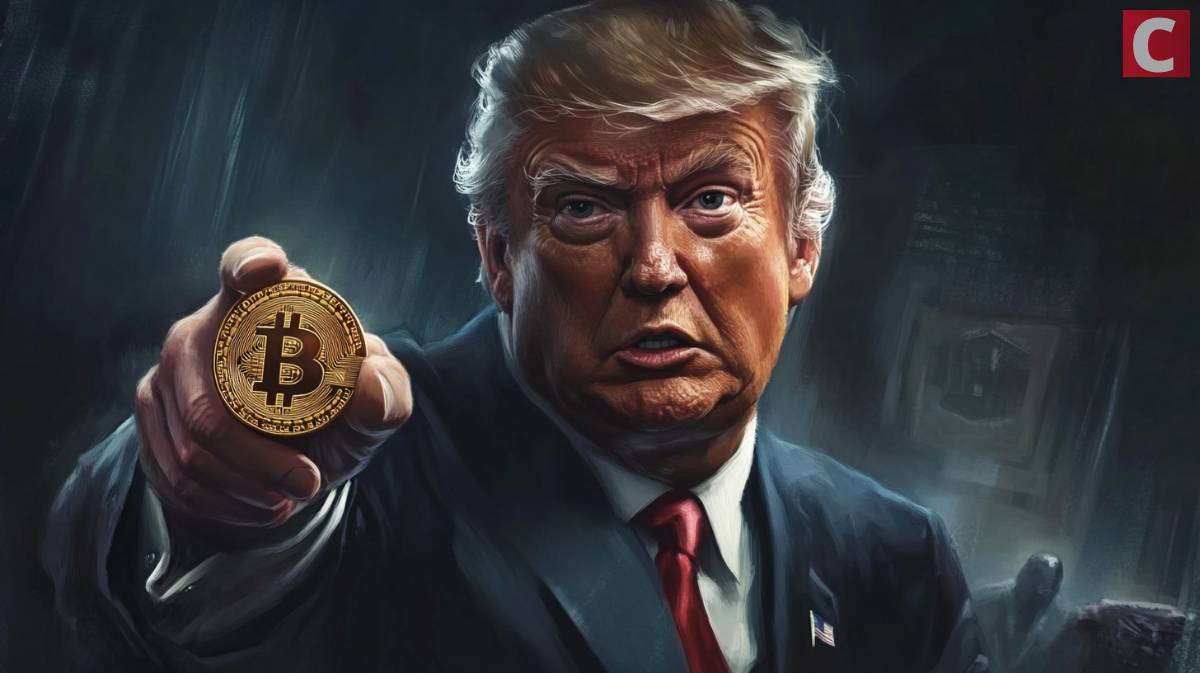 US to add $14 billion BTC to Strategic Bitcoin Reserve seized from Chinese scammer Oluwapelumi Adejumo · 1 min ago · 2 min read
US to add $14 billion BTC to Strategic Bitcoin Reserve seized from Chinese scammer Oluwapelumi Adejumo · 1 min ago · 2 min read
US government collaborated with the UK to dismantle Chen Zhi's crypto empire linked to elaborate fraud and trafficking.

Cover art/illustration via CryptoSlate. Image includes combined content which may include AI-generated content.
The US government is moving to seize 127,271 Bitcoin worth about $14.2 billion, which investigators say was generated through a cross-border “pig butchering” scam operated by Chinese national Chen Zhi.
If completed, the Bitcoin should be added to the U.S.’s Strategic Bitcoin Reserve according to the terms of Trump’s Executive Order issued earlier this year. However, a lack of formalized policy amid the government shutdown and a ticking clock to ratify could disrupt the plan.
The Executive Order explicitly states,
“The Strategic Bitcoin Reserve will be capitalized with bitcoin owned by the Department of Treasury that was forfeited as part of criminal or civil asset forfeiture proceedings.”
The legal filing, submitted on Oct. 14, outlines a far-reaching criminal enterprise that blended crypto investment fraud, human trafficking, and political corruption.
 US Bitcoin Seizure
US Bitcoin SeizureCrypto fraud
According to the court filing, Zhi operated Prince Group, a central player in Cambodia’s underground digital economy.
The entity operated a network of scam compounds that doubled as detention sites for trafficked laborers. Thousands of migrants, lured by fake job ads, were reportedly forced to run fraudulent crypto-investment schemes under threat of violence.
Under Chen’s direction, at least ten major compounds were established, including facilities linked to the Jinbei Hotel and Casino, the Golden Fortune Science and Technology Park, and Mango Park.
Court records indicate that Chen personally kept ledgers detailing each site’s operations, referencing the Chinese phrase “sha zhu,” or “pig-butchering,” which is a term for long-con scams that emotionally manipulate victims before defrauding them.
The US government alleges that Chen and senior executives leveraged bribes and political influence to evade prosecution, even obtaining advance warnings of planned law enforcement raids.
By exploiting these connections, the group maintained control of billions in illicit crypto flows and entrenched its position within Cambodia’s broader shadow economy.
Huione’s sanctions
Apart from moving to confiscate the illegal funds, the US authorities, acting in tandem with the United Kingdom’s Foreign, Commonwealth, and Development Office (FCDO), also imposed sanctions on Zhen and his related entities.
According to the press statement, OFAC sanctioned 146 individuals and entities tied to the Prince Group Transnational Criminal Organization (TCO), a Cambodia-based syndicate led by Chen Zhi that allegedly operated hundreds of online investment scams targeting Americans and citizens of allied nations.
FinCEN also invoked Section 311 of the USA PATRIOT Act to formally isolate Cambodia’s Huione Group from the US financial system, labeling it a primary conduit for laundering proceeds from crypto fraud and related cybercrime.
US officials said Huione’s networks were instrumental in concealing billions in stolen funds from investors worldwide.
Mentioned in this article



















 English (US) ·
English (US) ·